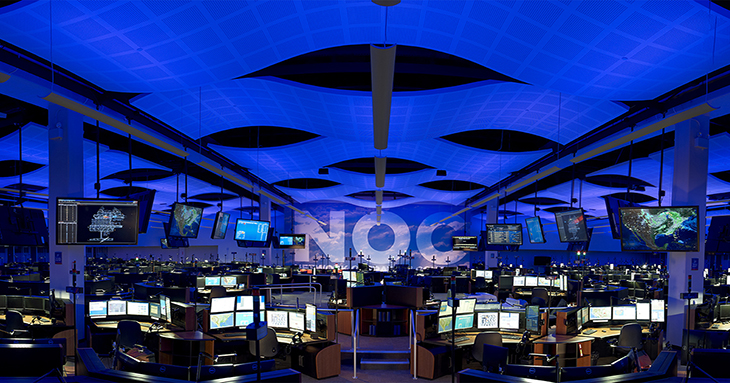What are Aircraft Dispatchers?

Aircraft dispatchers (aka flight dispatchers) are people you don’t think of first when you look at the aviation industry. There are number of jobs that are outside of being a pilot, flight attendant or mechanic that still come with significant responsibility. Aircraft dispatchers are employed by airlines and work where their main operations center is located (above picture is Southwest Airlines Network Operation Control, NOC Dallas, TX). Here are some of the things they have to do for each and every flight:
Weather Monitoring
Probably one of the first things you do when you start your shift is looking at the day’s weather and see what will impact your flights. An aircraft dispatcher checks visibility at departure and destination airports and if needed, alternate airports. An extensive knowledge of weather and forecasting is required in order to provide pilots with accurate information.
Flight Planning
Aircraft dispatchers have to take in account many different variables when planning a flight such as weather deviation, airport and airspace limitations, and mechanical restrictions. They have as much, if not more, knowledge than pilots allowing them to come up with flight plans that are the best choice. Flight plans are not always set in stone and the dispatcher has the authority required to do any of the following to a plan:
- Divert
- Cancel
- Delay
- Change
Together with the captain and all the information needed, a dispatcher sees what needs to happen and gets it done.
Flight Following and Communication
Dispatchers need to know the status and location of all aircraft they’re monitoring. When you receive phone calls from people who need to know departure and arrival times of a specific flight, you need to be able to provide these answers without hesitation. A lot of departments rely on this information to plan ahead for crew and passenger connections. This is known as operational control. The field of aviation cannot operate without good communication between the ground and the airplanes in the air. Operational decisions often come straight from a dispatcher who has to let their pilots know of any safety hazards or changes that can come up without warning.
Complete attention is required throughout long shifts, with weather is poor or airplanes have mechanical issues. Without full attention, small issues can become big problems for a flight. Working behind the scenes to keep planes in the air and on schedule, the aircraft dispatcher, also considered a form of “pilot on the ground”, is one of the unsung heroes of their aviation world. The next time you are on a flight, remember that there is more than one person directing your place to its destination and ensuring that you get there on time.

